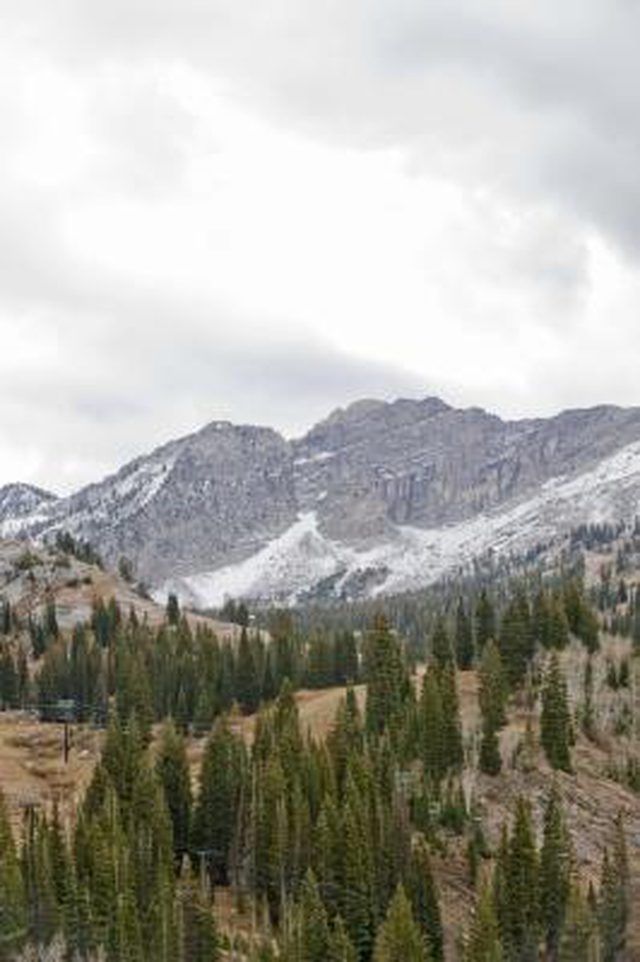Bulbs
Flower Basics
Flower Beds & Specialty Gardens
Flower Garden
Garden Furniture
Garden Gnomes
Garden Seeds
Garden Sheds
Garden Statues
Garden Tools & Supplies
Gardening Basics
Green & Organic
Groundcovers & Vines
Growing Annuals
Growing Basil
Growing Beans
Growing Berries
Growing Blueberries
Growing Cactus
Growing Corn
Growing Cotton
Growing Edibles
Growing Flowers
Growing Garlic
Growing Grapes
Growing Grass
Growing Herbs
Growing Jasmine
Growing Mint
Growing Mushrooms
Orchids
Growing Peanuts
Growing Perennials
Growing Plants
Growing Rosemary
Growing Roses
Growing Strawberries
Growing Sunflowers
Growing Thyme
Growing Tomatoes
Growing Tulips
Growing Vegetables
Herb Basics
Herb Garden
Indoor Growing
Landscaping Basics
Landscaping Patios
Landscaping Plants
Landscaping Shrubs
Landscaping Trees
Landscaping Walks & Pathways
Lawn Basics
Lawn Maintenance
Lawn Mowers
Lawn Ornaments
Lawn Planting
Lawn Tools
Outdoor Growing
Overall Landscape Planning
Pests, Weeds & Problems
Plant Basics
Rock Garden
Rose Garden
Shrubs
Soil
Specialty Gardens
Trees
Vegetable Garden
Yard Maintenance
Why Are Animals & Plants Important in the Ecosystem?
Why Are Animals & Plants Important in the Ecosystem?. Plants and animals need each other to survive in an ecosystem. They are also the two life forms in an ecosystem--and without life, there is no ecosystem.

Plants and animals need each other to survive in an ecosystem. They are also the two life forms in an ecosystem--and without life, there is no ecosystem.
Pollination
Pollination is a vital part of an ecosystem's functioning and health, according to the Ecological Society of America's fact sheet on pollination. Bees and hummingbirds pollinate flowers by transferring pollen from one flower to another, thereby ensuring their survival as a species. These animals also need the flowers. For instance, hummingbirds pollinate when they drink nectar--their primary fuel source--from flowers.
Food Chain
Plants and animals are part of a food chain, which keeps an ecosystem alive. Carnivores eat herbivores, which eat plants. When animals die, they decompose into the soil. Their nitrogen transforms into nitrate, which plants require for growth. Herbivores eat these plants, and the cycle starts again.
Climate
Besides affecting each other, animals and plants also influence the rest of the ecosystem. For instance, trees produce oxygen and lower forest temperatures. This enables animals--including humans--to live comfortably in the ecosystem even during warm months.